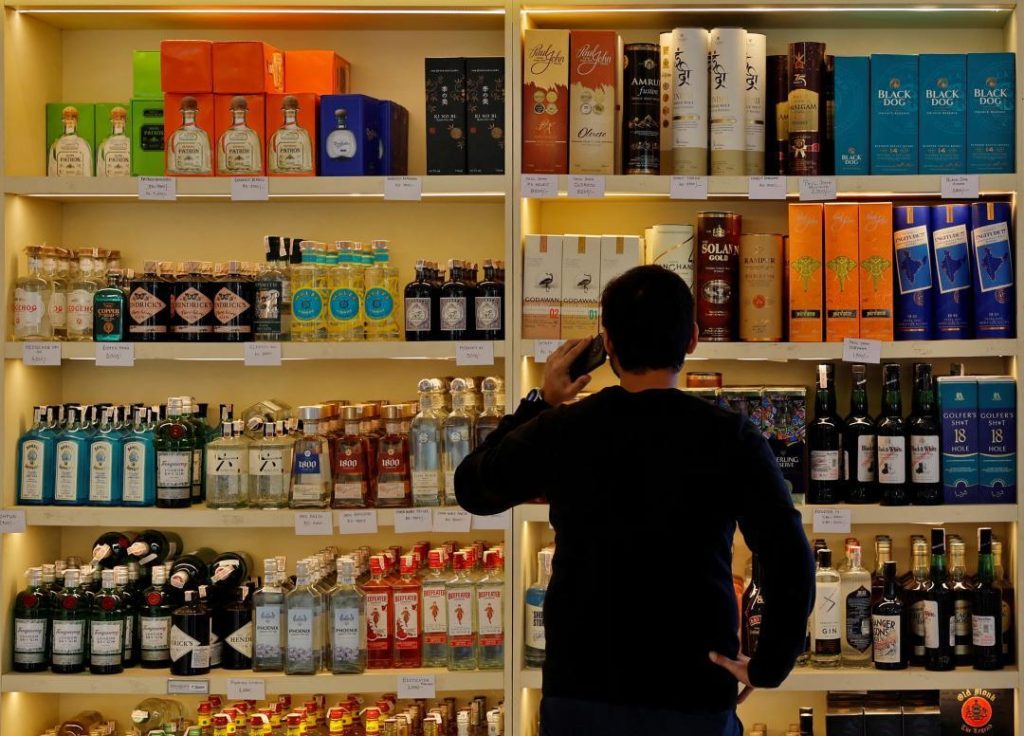
What is Expected to Get Cheaper as India & UK Conclude Free Trade Agreement?
The recently-concluded India-UK Free Trade Agreement (FTA) has sent waves of excitement across the business and trade communities in both countries. The agreement, signed on May 21, 2022, is expected to bring significant benefits to both nations, particularly in terms of reduced tariffs and increased trade. As the world’s fifth-largest economy, India is eager to expand its trade relations with the UK, while the UK is looking to deepen its ties with the growing Indian market. In this blog post, we’ll explore some of the key areas where goods and services are expected to become cheaper as a result of the India-UK FTA.
Distilled Spirits: Gin and Whisky to Get Cheaper
The first and most notable benefit of the FTA is the reduction in tariffs on distilled spirits. Currently, gin and whisky face a whopping 150% tariff in India, making them relatively expensive for Indian consumers. However, with the new agreement, this tariff will be halved to 75%. This means that UK-produced gin and whisky will become significantly cheaper in India, making them more competitive in the market. For Indian consumers, this can only be good news, as they’ll have access to a wider range of premium spirits at affordable prices.
Automotive Sector: UK-Imported Vehicles to Get Cheaper
The automotive sector is another key area where the FTA will bring benefits. Currently, UK-imported vehicles face a 100% tariff in India, making them uncompetitive in the local market. With the FTA, this tariff will be reduced to 10%, making UK-imported vehicles cheaper and more attractive to Indian consumers. This can only be good news for the Indian automotive industry, as it will lead to increased competition, innovation, and job creation.
Cosmetics, Chocolates, and Soft Drinks: Other UK Goods to Get Cheaper
The FTA will also benefit a range of other UK goods, including cosmetics, chocolates, soft drinks, electrical machinery, and biscuits. These products will face lower tariffs, making them cheaper for Indian consumers. Cosmetics, in particular, are expected to benefit from the reduced tariffs, as India has a large and growing beauty and personal care market. With UK-produced cosmetics becoming cheaper, Indian consumers will have access to a wider range of high-quality products at affordable prices.
What Does This Mean for Indian Consumers?
The reduction in tariffs on these goods will have a direct impact on Indian consumers, who will benefit from lower prices and increased competition. With UK-produced spirits, cosmetics, cars, and other goods becoming cheaper, Indian consumers will have more options and choices in the market. This can lead to increased consumer spending, job creation, and economic growth. Additionally, the reduced tariffs will make India a more attractive destination for foreign investment, as companies will be encouraged to establish operations in the country to take advantage of the lower tariffs.
What Does This Mean for the Indian Economy?
The India-UK FTA is expected to have a positive impact on the Indian economy, particularly in terms of increased trade and investment. The reduced tariffs will make Indian goods more competitive in the UK market, while the increased competition in the Indian market will drive innovation and efficiency. This can lead to increased economic growth, job creation, and foreign exchange earnings. Additionally, the FTA will provide a boost to India’s manufacturing sector, particularly in the automotive and pharmaceutical industries.
Conclusion
The recently-concluded India-UK FTA is expected to bring significant benefits to both countries, particularly in terms of reduced tariffs and increased trade. As we’ve seen, the agreement will make distilled spirits, automotive vehicles, cosmetics, chocolates, soft drinks, electrical machinery, and biscuits cheaper in India. This can only be good news for Indian consumers, who will benefit from lower prices and increased competition. For the Indian economy, the FTA is expected to drive growth, job creation, and foreign exchange earnings. As the agreement comes into effect, it will be interesting to see how the trade relationship between India and the UK evolves in the coming years.
Source:






